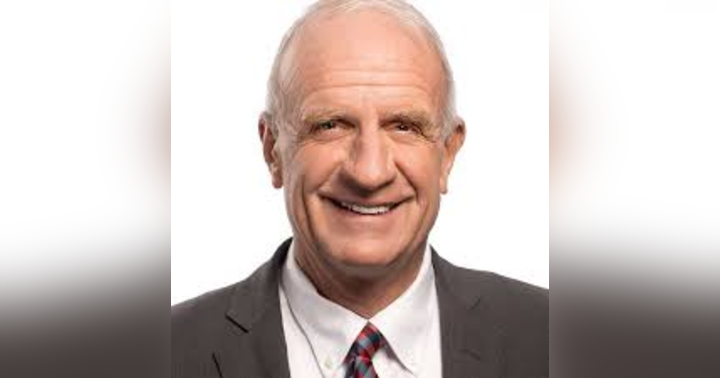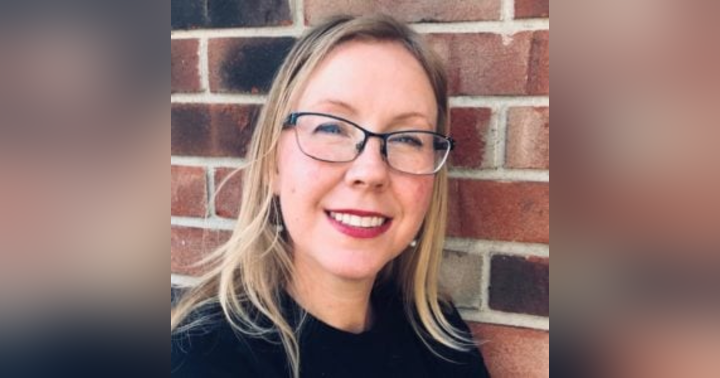Bearing Witness and Building Bridges in the Holy Land – Insights from “To Be and Do” with John Wagner

In the latest episode of To Be snd Do, host Phil Amerson welcomed guest John Wagner, whose heartfelt witness from the West Bank and longtime activism provides a crucial perspective on justice, solidarity, and faith-driven action. Their thoughtful conversation shines a light on what it means to stand in solidarity with marginalized people, the complexities of religious identity in political conflict, and actionable steps ordinary individuals can take to make a real difference.
Key Takeaway #1: Courageous Solidarity Crosses Boundaries
One of the episode’s most striking moments comes early, when John Wagner recounts his experiences meeting Israeli Jews who actively place themselves in harm’s way to protect Palestinians in the West Bank. Wagner describes encounters with a young rabbinical student and other Jewish allies spending nights in Palestinian villages, providing a "protective presence" and using their knowledge of Hebrew and Israeli society to intervene and bear witness. As Wagner notes, these courageous allies offer a modern example of what it truly means to stand with the vulnerable, echoing movements like Witness for Peace in Central America. Their actions remind us that solidarity doesn’t respect borders or easy labels—it's enacted every day by people willing to cross lines of identity and risk their own safety.
Key Takeaway #2: Faith Can Inspire Action, Not Just Reflection
Throughout the episode, both Wagner and Amerson reflect on how spiritual beliefs can—and should—motivate action in the world. Wagner, who identifies as deeply involved in both faith and activism, describes protesting weekly as part of his “spiritual health” and emphasizes the difference it makes to show up, whether that’s advocating for divestment, speaking to community leaders, or supporting ceasefire resolutions. He encourages listeners to educate themselves, nudge their spiritual leaders to be bold, and—crucially—recognize the spiritual nourishment that comes from standing in solidarity with those on the margins. "There’s a kind of holiness that comes from that," Wagner observes, recalling being honored as an ally by a local Arab American organization.
Key Takeaway #3: Real Change Starts with Small Steps and Personal Risk
Perhaps the most resonant lesson from this conversation is Wagner’s reminder that everyone’s courage looks different. Some take to the streets, others write letters, and many challenge their assumptions or have uncomfortable conversations with faith leaders or friends. Wagner’s own journey, and the communities he describes, demonstrate how advocacy is rarely glamorous or immediately effective—often it’s deeply personal, sometimes frustrating, but always vital. Whether it’s religious leaders wrestling with the weight of their words, or everyday people stepping outside their comfort zones, change starts with individuals willing to risk misunderstanding and judgment for the sake of justice.
At its heart, this episode is a call to action—a challenge not to let complexity or fear paralyze us, but instead to seek out opportunities for witness, conversation, and empathy across divides. As Wagner beautifully puts it: “When you step out in faith, there’s a peace that comes to you.” In a world deeply in need of both peace and justice, these words offer hope—and a gentle push forward.
For more resources and ways to get involved, John Wagner recommends visiting United Methodists for Kairos Response (UMKR), and assures listeners that real connection and growth start with showing up and listening to those at the margins.
Here are some links recommended:
United Methodists for Kairos Response - https://www.kairosresponse.org/ UMKR was founded in 2010 in Chicago. We've helped most annual conferences in the United States to consider legislation aimed at bringing peace with justice to the Holy Land, and we've been active at every General Conference since 2012. (It's important to note that United Methodists have been addressing the injustices they've seen in the Holy Land for many years prior to the formation of UMKR.)
Kairos Palestine - https://www.kairospalestine.ps/ This organization represents Christian leaders in the West Bank and Gaza. They've issued many calls to Western churches to stand with them in opposing oppression. The "Kairos Document" is particularly important.
Friends of Sabeel, North America (FOSNA) - https://www.fosna.org/ - FOSNA works with Sabeel ("The Way" in Arabic), one of the main Christian activist groups in Israel and Palestine. If you want to go on a solidarity trip please contact the folks at FOSNA.
I recommend this website on Christian Zionism: https://www.christianzionism.org/ It was created by Evangelicals for Evangelicals. Christian Zionism pushes for Israeli control of all the Holy Land, claiming it's a biblical mandate. This website makes it clear this is not the case.
I would hope people would read this article I wrote last September: https://thehill.com/opinion/education/4871480-college-students-israel-protest/ The most important part is in the first few paragraphs where I provide links to actions taken by Christian denominations to oppose the occupation of Palestine. There have been quite a few.
I believe this video created by United Methodist missionaries is even more important than it was when it came out ten years ago - https://www.youtube.com/watch?v=rKb8SYVB8KQ When people ask "Well, what about Hamas?" it's helpful to let them know that as non-violent solutions like boycotts and divestments were rejected, those advocating violence were given a greater voice. Our United Methodist missionaries, past and present, plead for United Methodists and all Christians to advocate for a just peace. "Time is running out," they say over and over.
John Wagner is a pastor in the West Ohio annual conference of the United Methodist Church. He first visited Israel and Palestine in 2008 and was moved and shaken by what he'd seen. He was the first convenor and one of the founders of United Methodists for Kairos Response (UMKR), and also served as co-chair of its steering committee. After letting go of leadership in UMKR he continues to work for a just peace through a number of other Christian and interfaith organizations. He was part of an interfaith solidarity delegation to the Holy Land in late 2024.
John has served as pastor to congregations in Indiana and Ohio for the last 43 years. He's married to JoAnn and together they have 3 daughters and two grandchildren.







